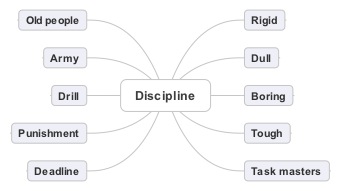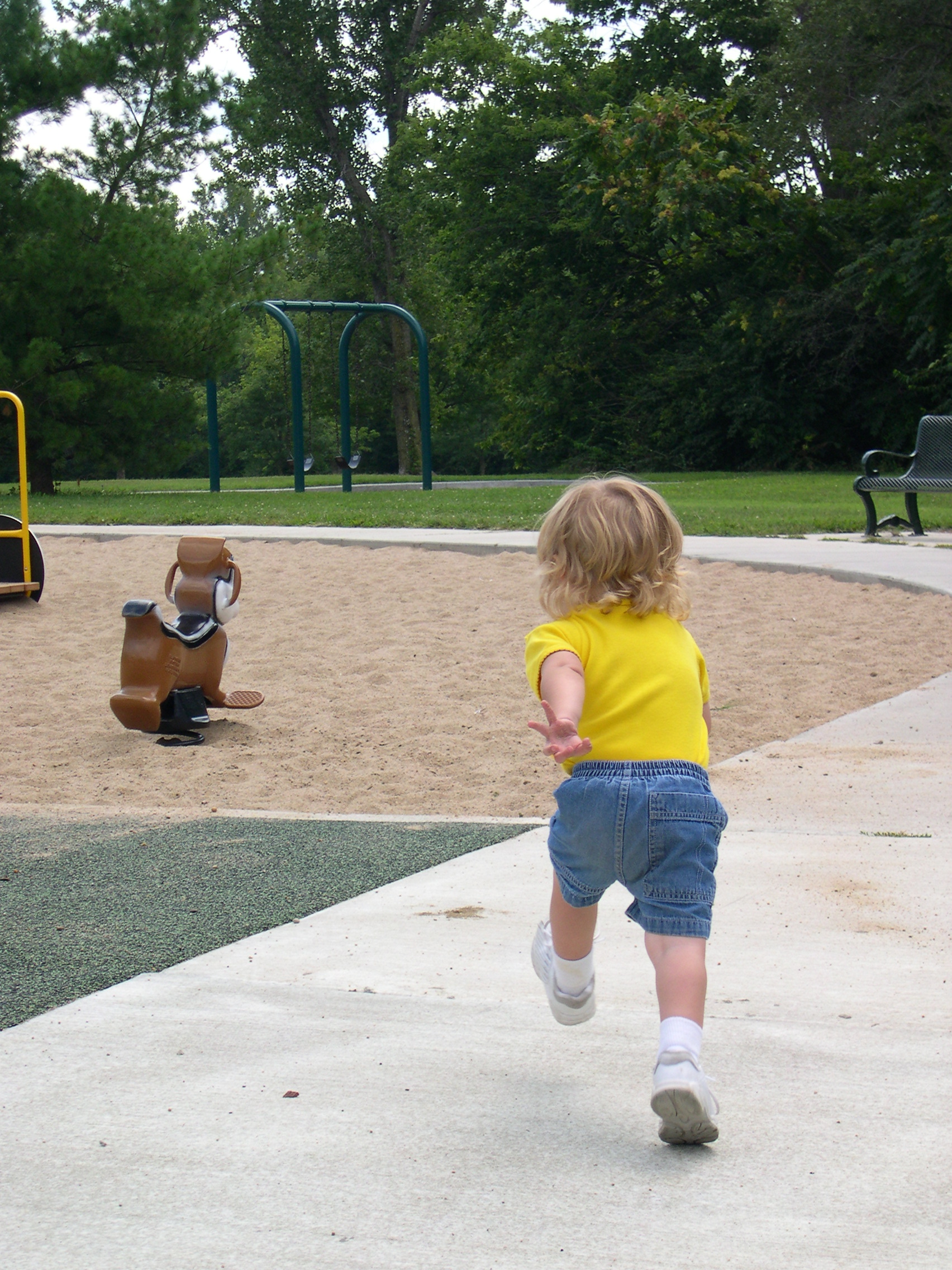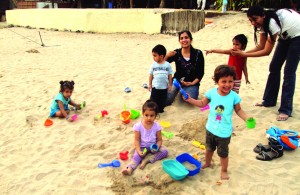What comes to your mind when I utter the word “Creativity”?
Let us check what happens with discipline.
The two seem like irreconcilable opposites.
Scene 1
Now I imagined a world with creativity but no discipline – how life would be.
I would have a lot of freedom. Lots of fun. Do what I like, when I like. No one can order me around. It feels great when I enjoy all these.
But then every one around me too will enjoy these same benefits of creativity without discipline.
How will that affect me? Will I like that?
I go to a restaurant. There is no one to take my order. So I go to the kitchen. The chef is busy practising on his guitar. His assistant is in deep meditation. The two waiters are playing chess.
I ask the chef about the menu and he says, “I have not made up my mind. I want to do something different.”
“When will I get something to eat?”
“It all depends…. on when I decide. After that, we will buy the necessary things..”
“Will it take a couple of hours?”
“Maybe more..”
“Should I go somewhere else..?”
“It is your choice, sir.”
“Thank you.”
“Have a nice day. Hope you get something to eat fast.”
Scene 2
Let’s stick with the food analogy and consider a world with only discipline and no creativity.
I come home. My mother is waiting for me. I tell her I am hungry. She is ready to serve me lunch. I sit at the dining table. There is dal, rice, some bhindi and some roti.
“Mom, again the same thing?”
“Bhindi is good for you.”
“I don’t want bhindi every day.”
“This week is bhindi week.”
“What about the dal?”
“I have made it for the whole week. I save a lot of time this way. For the next week, I will make what you want.”
“It will be the same for the whole week?”
“Yes. That is the most efficient way.”
“But it is the most boring thing to do.”
Luckily, life is a happy mix of both. There is space for creativity and there is space for discipline.
Consider, as an example, the film production business. The time to be creative is when we are thinking of a movie plot. It is has to be fresh, different, surprising and appealing. Tried and tested won’t do. Once the plot, screen play and dialogues are finalised, we need the discipline to follow the shooting schedule, minimise retakes, control costs and finish production on time and on budget. If we don’t do this, we will go broke.
Interestingly, if we are disciplined but are not creative in the initial stage, then too we will go broke.
In my view there is no room for debate on creativity vs discipline. Especially while bringing up kids. I would err on the side of more creativity and less discipline. I would like my child to be able to imagine possibilities. Have an open mind to explore many options. Have the freedom to use her gut feel. When it comes to doing things I would like my child to be smart (combining creativity and discipline) and be able to think of doing the right thing at the right time. It requires imagination to think of different options, it requires rigour to choose a smart solution, and it requires discipline to execute the solution well.
It is some what like a diagnosis and treatment. One might do all the various tests and logically arrive at what is the problem then prescribe medicines. However, experienced doctors might creatively connect the dots and quickly diagnose the situation and start treatment. It saves a lot of time and agony. And, it requires discipline on the part of the patient to follow the prescribed course of treatment.
Verdict: Creativity and discipline, not creativity versus discipline. You can’t do without either.
Re-published with permission from the blog of ParentEdge, a bi-monthly parenting magazine that aims to expose parents to global trends in learning and partner with them in the intellectual enrichment of their children.













